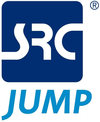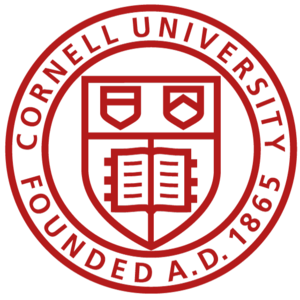1IEEE IRDS, (US)
2 CNRS, Grenoble INP (F)
3 Keio University, Tokyo (J)
The Mission of the ASCENT Center is to transcend the current limitations of high-performance transistors confined to a single planar layer of integrated circuit by pioneering vertical monolithic integration of multiple interleaved layers of logic and memory, by demonstrating beyond-CMOS device concepts that combine processing and memory functions, heterogeneously integrating functionally diverse nano-components into integrated microsystems and by demonstrating in-memory compute kernels to accelerate future data-intensive at-scale cognitive workloads.
Researchers at ASCENT pursue four areas of technology including three-dimensional integration of device technologies beyond a single planar layer (vertical CMOS); spin-based device concepts that combine processing and memory functions (beyond CMOS); heterogeneous integration of functionally diverse nano-components into integrated microsystems (heterogeneous integration fabric); and hardware accelerators for data intensive cognitive workloads (merged logic-memory fabric).
ASCENT is one of six research centers funded by the SRC’s Joint University Microelectronics Program (JUMP), which represents a consortium of industrial participants and the Defense Advanced Research Projects Agency (DARPA). Information about the SRC can be found at https://www.src.org/.

 |
|||
 |
|||